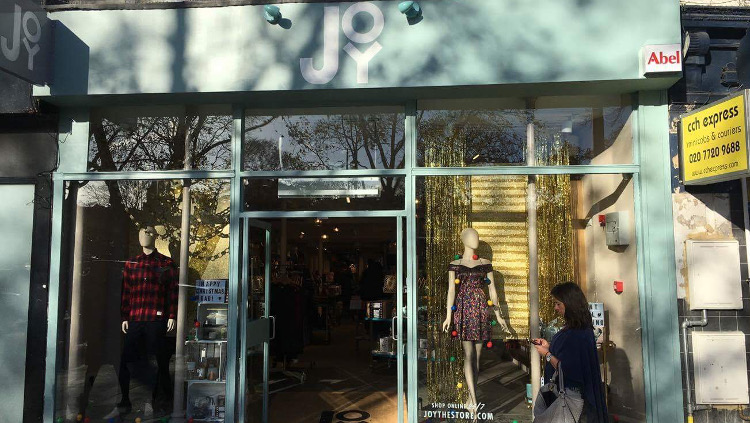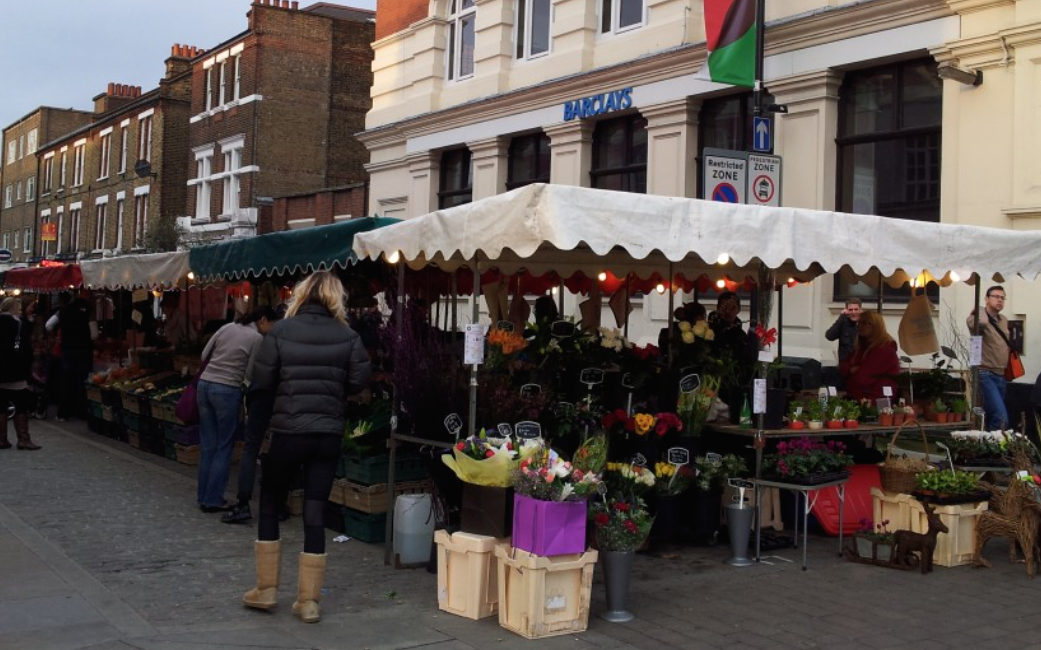
Stallholders in Greenwich market, one of London’s oldest and most famous, say the pre-pandemic scene was “a lot more lively”.
The market, established in the early 1700s with just 60 stallholders, now has a range of shops that sell fresh produce, handmade artwork, antique collectors, jewellery and a variety of cuisines.
But with inflation at a 40-year high, of food, many independent businesses around the UK are facing closure as they struggle to keep up with rising prices.
Novuna Business Finance research shows that over two-thirds of small businesses are concerned about the government’s lack of support and leadership. Especially in the current cost of living crisis, small businesses are struggling to match the rising costs, causing many sellers to raise prices and cover their own costs, if not, shut down.
John Stanley from Hierograffics, a graffiti art product seller in Greenwich, explained how “COVID changed everything for [him] and [his] fellow sellers” and “times before the pandemic were a lot less stressful”.
New schemes have been put in place to help struggling smaller businesses cope with the rising rates. Greenwich council offers small businesses rate relief which allows a discount on business rates, if eligible.
But Jo Morris, head of Insight at Novuna Business Finance, said: “Rising inflation, record-high energy costs, and a sustained and prolonged period of uncertainty is contributing to unprecedented levels of pressure for small business owners. Businesses [are] worried about the impact of the cost-of-living crisis, with their main concern being having to shoulder the rising costs alone, unable to pass onto their customers.”
The market faced earlier disruptions from COVID lockdowns and restrictions, which forced many small businesses into closure.
According to Simply Business CEO, Alan Thomas, over 60% of independent business owners have had serious financial instability since the pandemic. He says: “70% of business owners are still battling the lasting effects of the pandemic.” Lockdowns and restrictions put heavy strain on business owners with “supply issues and soaring costs”, he added. These challenges also takes a toll on individual’s “emotional and mental wellbeing”, he said.
In response to this, the government has since set up schemes to support businesses as such, like the furlough scheme or the Coronavirus Job Retention Scheme. It entitled employees to 80% of their wage and gave temporary tax cuts.
Despite instability in many sectors of the business industry, community support still encourages small businesses to continue. Likewise, during the COVID lockdowns, many local communities were actively supporting local independent businesses instead of going to their usual larger retailer.
While this has helped many struggling businesses, uncertainty remains about what further action will be taken by the government to support all sectors in the business industry.



